On Monday the Reds welcome, well, the Reds to Anfield: Osasuna, los Rojillos, a club we’ve never played a competitive game against and yet have an enduring link with, through a much-admired personality.
One year at Liverpool. Two and a half years with Osasuna.
For most careers, for most people, these fleeting periods spent with clubs might be little more than footnotes along an almost 15-year career, but for Michael Robinson, they are cornerstones of his achievements, of his unique blend of sporting and personal life and of how he is remembered across the football world.
Robinson’s sole campaign with the Reds just happened to be one of the best ever: 1983/84, a treble-winning season under the tutelage of Joe Fagan.
He might not have been a guaranteed starter, but he scored three en-route to League Cup glory, played in the inital final against Everton at Wembley, came on against Roma in winning the European Cup final and netted a hat-trick against West Ham among six goals as part of the Reds’ First Division title-winning squad.
That’s more than most get in a lifetime.
He then played out the last two years of his career in Spain, signing for Osasuna – soon joined by another ex-Red, Sammy Lee – and after retiring at 31…simply stayed. He loved Spain, and while on the pitch he might have only been two and a bit years in La Liga, it essentially formed the basis of his second career as a world-class broadcaster, a widely respected television personality and all-round authority in Spanish football.
For a non-native to the country to be so accepted, understood and listened to – especially with a less-than-perfect accent – takes an incredible personality, work ethic and talent, of that there is no question.
Michael Robinson passed away last year, succumbing to a battle with cancer. The Reds’ clash with Osasuna is in tribute to not just what he achieved on the pitch, but to the enormously impressive person he so clearly was off it.
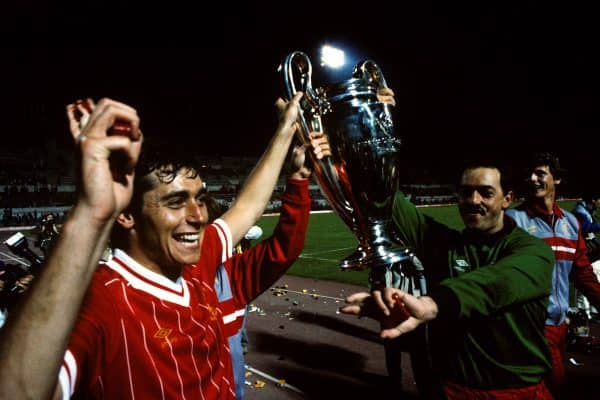
A centre-forward who during his playing days perhaps did not have the confidence to hit the heights others believed he might, off the pitch and in front of the cameras it was the complete reversal: a presence, a panache and a personality to hold sway over millions in a second tongue.
If you frequent Twitter or other social media sites these days, you’ll likely know (or at least know of) Josep Pedrerol: he of the heavy-heaved sighs, the low, dramatic backing music, the overly-long pauses and obviously faux-fury when something rating three or four alarm emojis occurs in Spanish football.
Robinson was Pedrerol of yesteryear, when presenting and speaking went hand-in-hand with knowledge – first-hand and implied – and acumen: Just as suave, just as opinionated, but with far more credibility and less made-for-streaming-clips bravado which were clearly too theatrical to ever really be taken seriously.
Some have referred to Robinson as the Spanish Des Lynam, which isn’t bad for an Englishman who represented Republic of Ireland at international level.
As Spanish sports journalist Andy West explained, and as perhaps a few working in broadcasting on these shores might do well to take on board, Robinson always loaded his work with his expertise and offered viewers a worthwhile experience, yet never let his knowledge get in the way of the actual enjoyment of watching and listening to his shows.
“Robinson’s popularity stemmed from his brilliance as a pundit: he was fabulously insightful, making every word count and possessing a unique ability to explain complex tactical ideas in a straightforward and easily understood manner. [His] broadcasts were also laced with an endearing sense of humour, allied with a natural charm and sense of fairness. His partnership with longstanding commentary box colleague Carlos Martinez will always be cherished by Spanish football fans.”
It is perhaps sadly poetic that Robinson’s final match for Spanish media came while watching the Reds: our back-and-forth, ultimately fruitless Champions League second leg against Atletico Madrid, back in March 2020, just a few short weeks before he passed away.
That game was also, until the back-to-back games with Athletic and Osasuna on Sunday and Monday, the last time any serious number of supporters were inside Anfield.
The result didn’t go the way Kopites wanted, nor likely the way Robinson, for all his love of futbol español, wanted either.
Speaking some 18 years before his death, Robinson told the Independent in no uncertain terms what really made a great club.
“Manchester United’s legacy to European football is bugger all. In recent times they have won one European Cup, and that in the dying seconds. Yet they have walked across English football. Look at Liverpool. They walked across English football, too, but when the English league was the best in the world. They won four European cups in eight years. They left a legacy.”
Since then, United have added another one. Liverpool have added another two. European royalty matters all over the Continent, you know.
If those words left any doubt as to why he signed for the Reds years earlier and continued to hold them in high esteem, another turn of phrase did not:
“I’ve never known a shirt to weigh so heavy. I felt silly playing for Liverpool. I thought all my team-mates were far better. When they signed Paul Walsh, who I thought was a great player, I went to Joe Fagan and said: ‘I never want to feel bitter towards Liverpool, so will you let me go?’ He told me to speak to QPR, and when I finally left Anfield, on Christmas Eve, as the first few fans were arriving for a match against West Ham, I cried like a baby. Even now, the greatest allegiance of my life, outside my family, is to Liverpool.”
He came, he won, he departed, and made himself an even bigger, better career. Michael Robinson, nunca caminó solo.
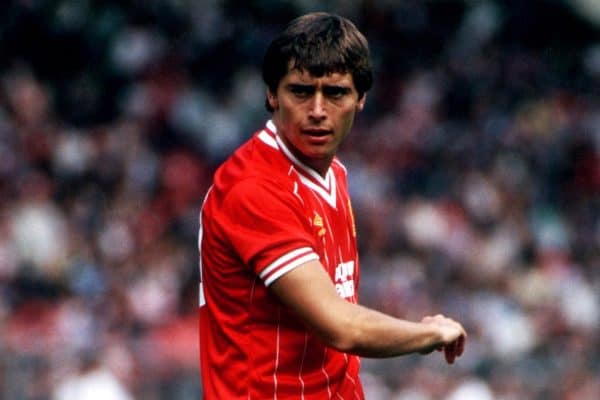

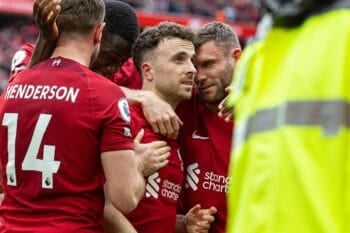
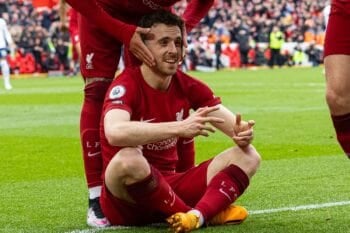
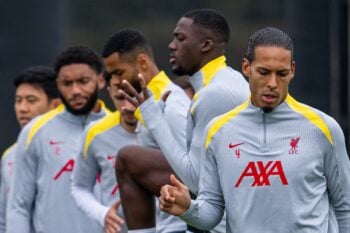
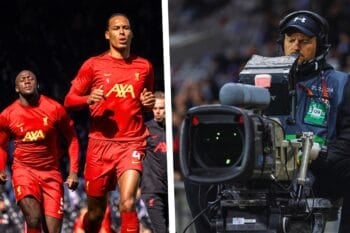
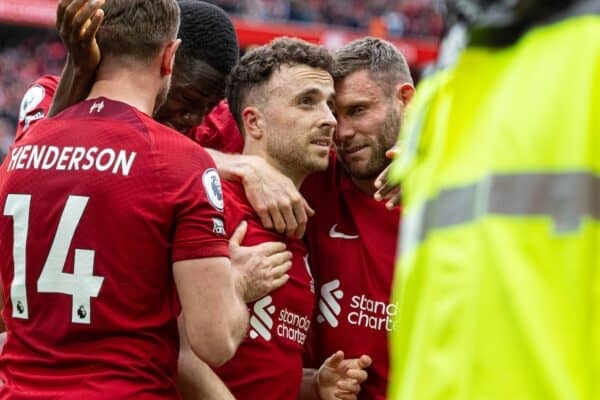
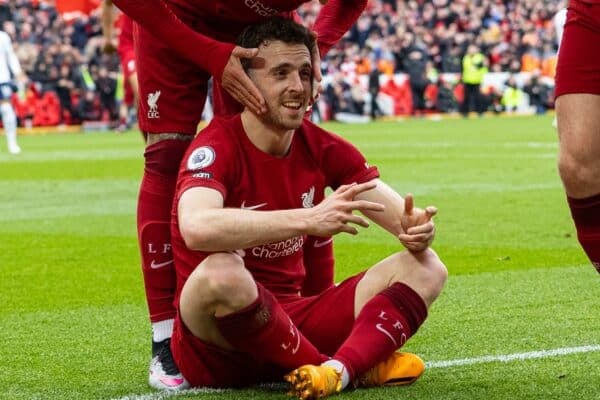
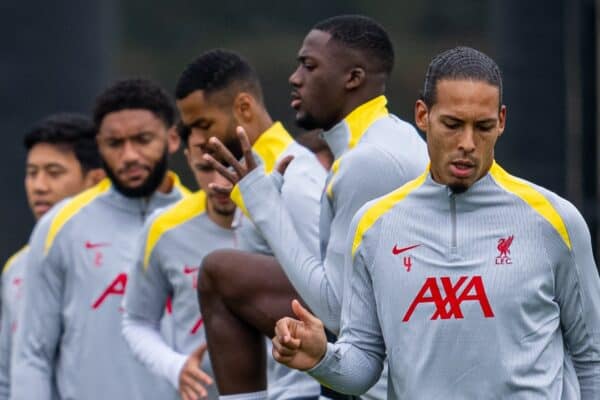
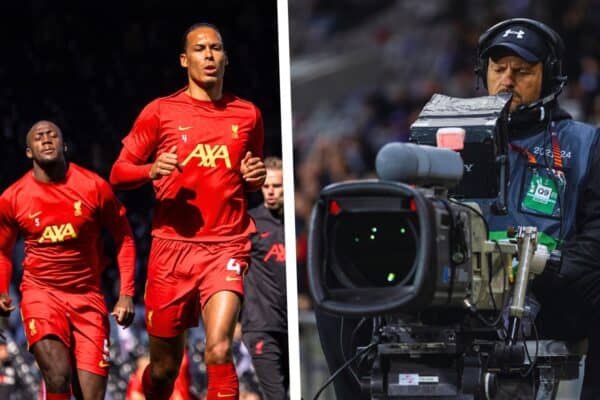
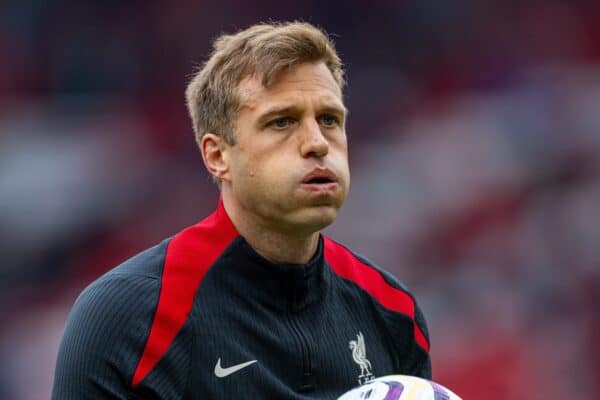


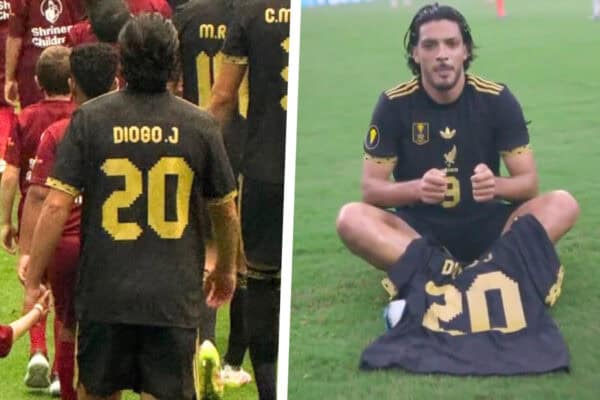




Fan Comments